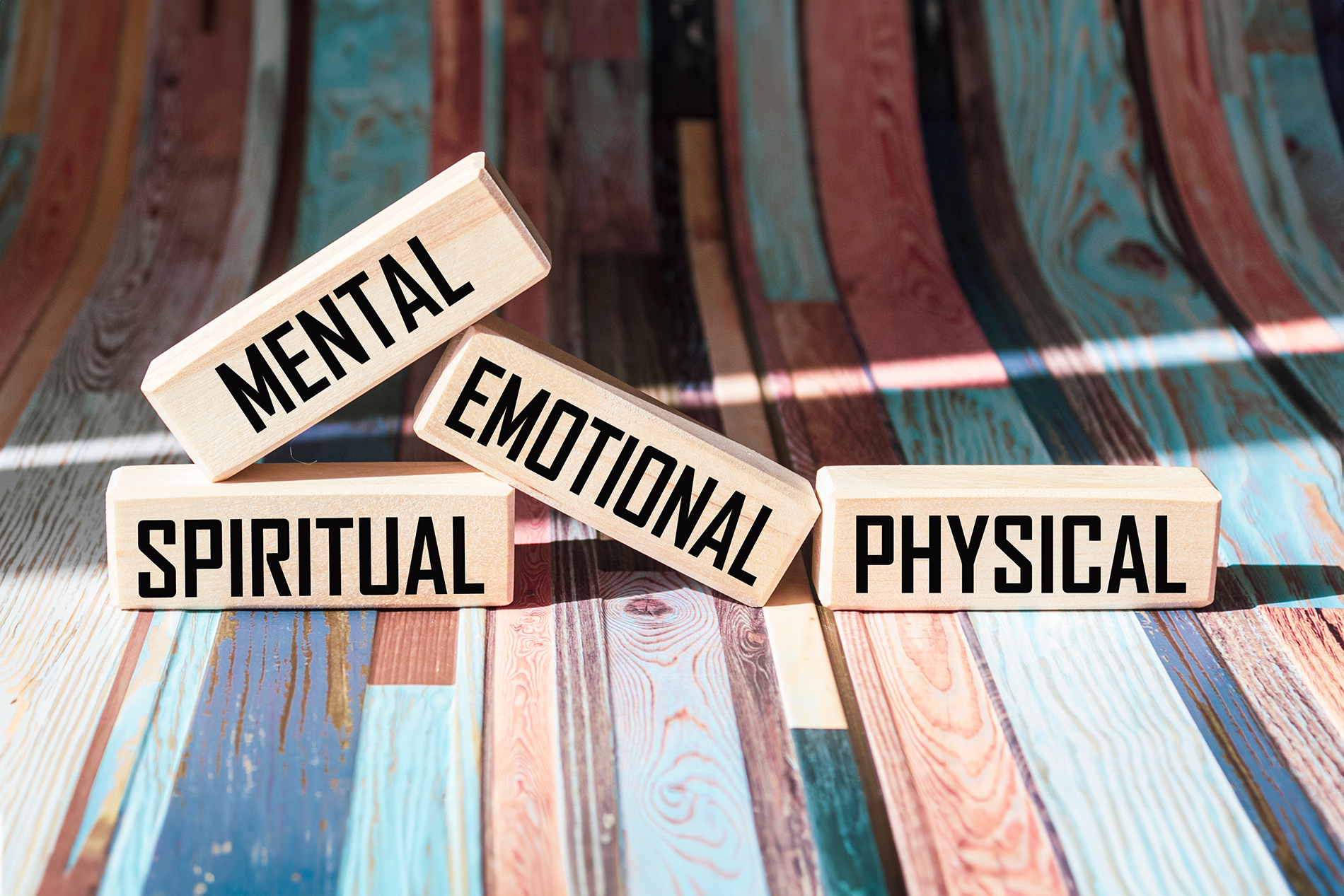Physical health and emotional health are intricately intertwined in what’s known as the mind-body connection.
As a family practice physician with a certificate in theology, medicine and cultural fellowship from Duke University, Roman P. Blount, IV, MD uses a holistic approach that considers a patient’s physicality, psychology, sociology and spirituality as interconnected factors that influence their health and well-being. Here he explains more about the mind-body connection and how it can impact your health.
Why does mental or emotional health impact physical health?
Mental and emotional health impact physical health because the mind and body are deeply interconnected. Stress, anxiety, and depression can trigger physical changes such as inflammation, elevated blood pressure, and hormonal imbalances. Over time, these effects can contribute to chronic illnesses such as heart disease, diabetes, and other serious health conditions
How does childhood trauma impact future physical health?
Childhood trauma, or adverse childhood experiences, can have long-lasting effects on physical health due to its impact on stress regulation and brain development. Traumatic experiences can lead to chronic activation of the stress response, increasing the risk of conditions like heart disease, obesity, depression, and substance use disorders in adulthood. This highlights the importance of addressing early trauma to prevent long-term health issues.
What are some of the ways chronic anxiety impacts physical health?
Chronic anxiety can manifest physically through symptoms like muscle tension, rapid heart rate, headaches, digestive problems, and disrupted sleep among others. Over time, the constant release of stress hormones (like cortisol) can weaken the immune system, increase the risk of cardiovascular issues, and contribute to chronic pain conditions. Managing anxiety through therapy, spirituality, relaxation techniques, medication, and lifestyle changes is essential for maintaining physical health.
How does depression impact physical health?
Depression can lead to physical health issues by changing sleep patterns, appetite, and energy levels, all of which can contribute to weight changes, fatigue, and weakened immunity. It’s also linked to an increased risk of developing chronic conditions like heart disease and diabetes (notice the common theme). Additionally, the lack of motivation to engage in healthy behaviors can exacerbate these physical health risks.
What can you do to lessen the impacts of anxiety, depression, and trauma?
To lessen the impacts of anxiety, depression, and trauma, it's important to seek professional help through therapy, counseling, or medication when necessary. Incorporating regular physical activity, growing in and drawing from your faith, practicing mindfulness or relaxation techniques, and maintaining strong social connections can also help. Addressing these issues early and consistently can prevent them from leading to more severe physical health problems.
What else do you want readers to know about the bio-psycho-social-spiritual connection?
The bio-psycho-social-spiritual connection shows that our health is influenced by more than just biology. Our thoughts, emotions, unresolved trauma, relationships, and spiritual beliefs all interact to shape our health outcomes. Recognizing and nurturing each of these aspects is key to achieving and maintaining overall well-being.

Roman P. Blount, IV, MD, Lexington Family Practice Ballentine



Leave a comment